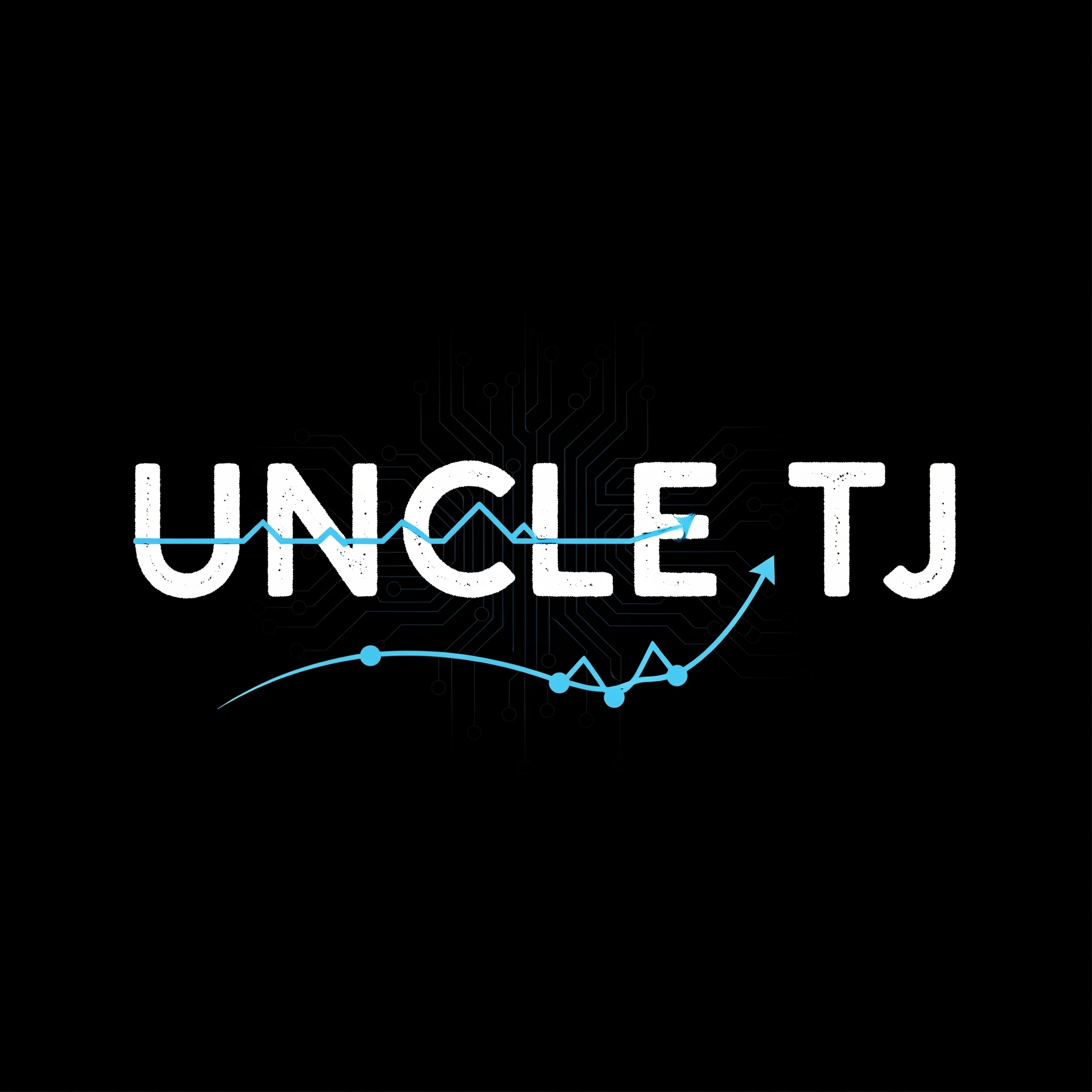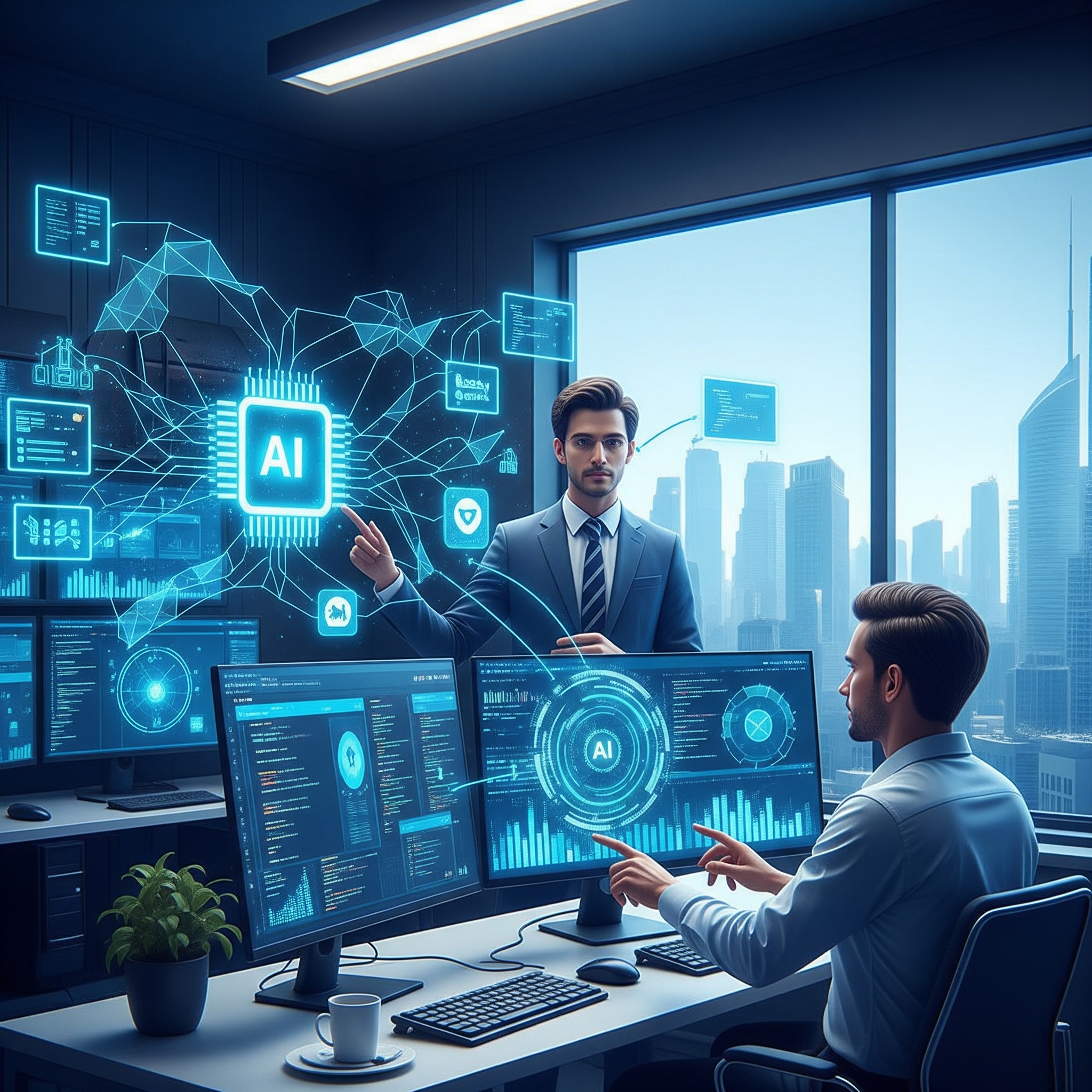Recently, at the Pennsylvania Energy and Innovation Summit, Mike Rowe of “Dirty Jobs” fame says “We’ve been telling kids for 15 years to learn to code. Well, AI is coming for the coders. It’s not coming for the welders, the plumbers, the steamfitters, the pipefitters, the HVAC, or the electricians.” While this statement is true for the most part, the reality of these job markets are far more nuanced.
For one thing, there is really no job called “coder”. Coding is typically only part of a job. Usually, software engineers, data scientists, AI developers, cybersecurity specialists, or others will utilize coding to achieve their goals. For instance, software engineers also write documentation, communicate with management or customers, design system architecture and components, and plan future work. According to The New Stack, developers spend as little as 52 minutes a day writing and editing code.
Artificial intelligence is quickly becoming a disruptive technology to software engineering and many other fields. However, software engineers are among the most well-qualified to work in advancing AI. The CEO of Blackrock spoke at CERAWeek, based on this Fortune article, about the future shortage of electricians approaching 500,000 over the next few years. This is supported by the data at the Bureau of Labor Statistics page on Electricians. The Software Developers page shows there is an estimated need of 800,000 software developers and related professionals over the next few years.
Job Outlook Comparison: Software Engineers vs Trades
If you look at the overall outlook for these trades jobs, they are promising and will be in steady demand at a minimum. However, there appears to be no concern of significant job loss across the width of the software industry at this time. The tech layoffs over the last few years have been largely due to a correction on excessive hiring as this Forbes article states. The extremely, unusually low interest rates in the pandemic era led to a boom in startup funding, Big Tech hiring, and investment in the tech industry. The rise in interest rates afterwards would contribute to the mass layoffs along with typical restructuring that large companies do over time.
Layoffs in Software Industry
As far as wide ranging layoffs, the trades are far from immune as a whole. The Great Recession taught us this, as I discussed in a blog post. AI is far from the first, or the last, major disruption to job markets. Companies make their hiring decisions based on a number of factors from economic conditions, interest rates, internal issues, and competitor behavior. The competitive behavior is particularly interesting for software engineers as the industry is separated into distinct subsets such as cloud computing, game development, military / defense technology, and fintech, to name a few. When one or more of these is suffering from external stresses, it does not mean they all are. The defense industry is supported by taxpayers through Congressional funding. Cloud computing is the fundamental tech behind the modern web. When issues cause layoffs in one, these devs have the opportunity to move to a different space.
Perceptions of Software Engineers
Some of the discussions centered around AI taking software engineering jobs is a counter to the “Learn to Code” meme. This meme was based on some poorly thought out advice that different people gave to workers in declining industries such as coal mining or those laid off in journalism a few years ago. While any of these folks could learn how to write code, it is unlikely that they either desired to or had the ability to pursue the serious education and self-directed study to become a software engineer or similar. Many perceptions of tech bros akin to the casts of Big Bang Theory or Silicon Valley perpetuate the notion that software developers are all socially awkward, nerdy, and narcissistic. Those traits are definitely present in the developer field, they are by no means accurate assessments of the wide range of people who pursued developer careers.
Effects of AI on Job Market for Software Engineers
The increasing capabilities of AI will limit software engineering job opportunities particularly at large companies. As I discuss in this blog post, we all have to adjust to the changing reality of work life and build skills in utilizing AI tools. Developers will need to adjust their approach to building software systems and use AI to assist in coding, documentation, testing, and wherever else makes sense for their organization. In the end, the customer wants working software that is well-tested, robust, and delivers the features they need to do their jobs or achieve their goals and desires.
Final Thoughts
In essence, software engineering is here to stay for the foreseeable future though that can quickly change in the event artificial general intelligence (AGI) is achieved. Several jobs are no longer available or at least incredibly rare such as this post lists. Some examples are switchboard operators, lamp lighters, carriage makers, or human computers. However, none of these are nearly as advanced of a profession. The need for software engineers will likely continue as someone needs to guide the design and development of systems even if the code is mostly written by AI. And do you really want to put your money, health, or life in the hands of a system fully written by AI without human oversight or verification by someone who understands code? And trades are excellent careers but their promotion and celebration does not mean we need to diminish other job opportunities.


Leave a Reply